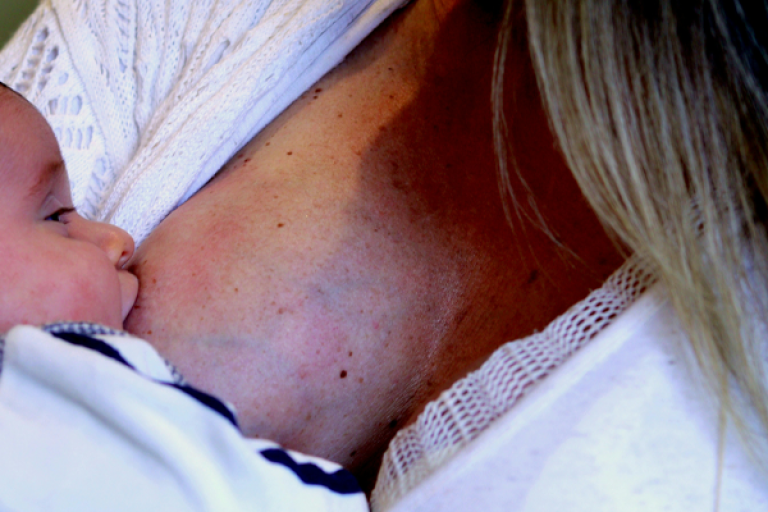Feeding your baby

Feeding your baby can feel quite overwhelming at first – whether you're breastfeeding, bottle feeding or a combination of both.
Find NHS guidance to support you, along with hints and tips from other parents.
Breastfeeding
Breastfeeding is the healthiest way to feed your baby. There are important benefits which breastfeeding provides for both you and your baby. However, it is a skill that can take time to develop.
Speak to your midwife or health visitor if you're struggling to breastfeed or have any questions or concerns. You can also consider joining a local breastfeeding support group.
Find NHS guidance on breastfeeding.
Croydon NHS breastfeeding support
If you're having problems breastfeeding your baby, you can find relaxed and unhurried support at the Croydon NHS breastfeeding support service.
You can also get help with:
- deciding how you feed your baby (if you're just getting started)
- meeting other breastfeeding mums
- breastfeeding in public
- returning to work (if you're unsure how to continue)
- expressing breast milk
- baby-led weaning
- introducing solids
- breastfeeding an older baby or toddler
- stopping breastfeeding
Bottle feeding
If you've decided to bottle feed, you may be worried about what formula to buy, what equipment you'll need and how to get the hang of feeding your baby when everything is so new.
Find NHS guidance on bottle feeding.
Weaning
Introducing your baby to solid foods, also referred to as weaning or complementary feeding, starts when your baby is around 6 months old.
Your baby should have a varied diet, alongside their usual breast milk or first infant formula.
Find NHS guidance on weaning your baby including expert advice, helpful videos, tips from other parents, and lots of simple healthy weaning recipes and meal ideas.
Getting help to buy food and milk (NHS Healthy Start scheme)
If you're more than 10 weeks pregnant or have a child under 4, you may be entitled to help to buy healthy food and milk.
Once on the scheme, you'll get a prepaid card, which you can use to buy:
- fruit
- vegetables
- pulses
- milk
- infant formula
You can also use your card to collect:
- Healthy Start vitamins – these support you during pregnancy and breastfeeding
- vitamin drops for babies and young children – these are suitable from birth to 4 years old
The card will be topped up with payments every 4 weeks. You can use it in most places that sell healthy food and accept Mastercard® payments.
Find out if you’re eligible for NHS Healthy Start and how to apply
